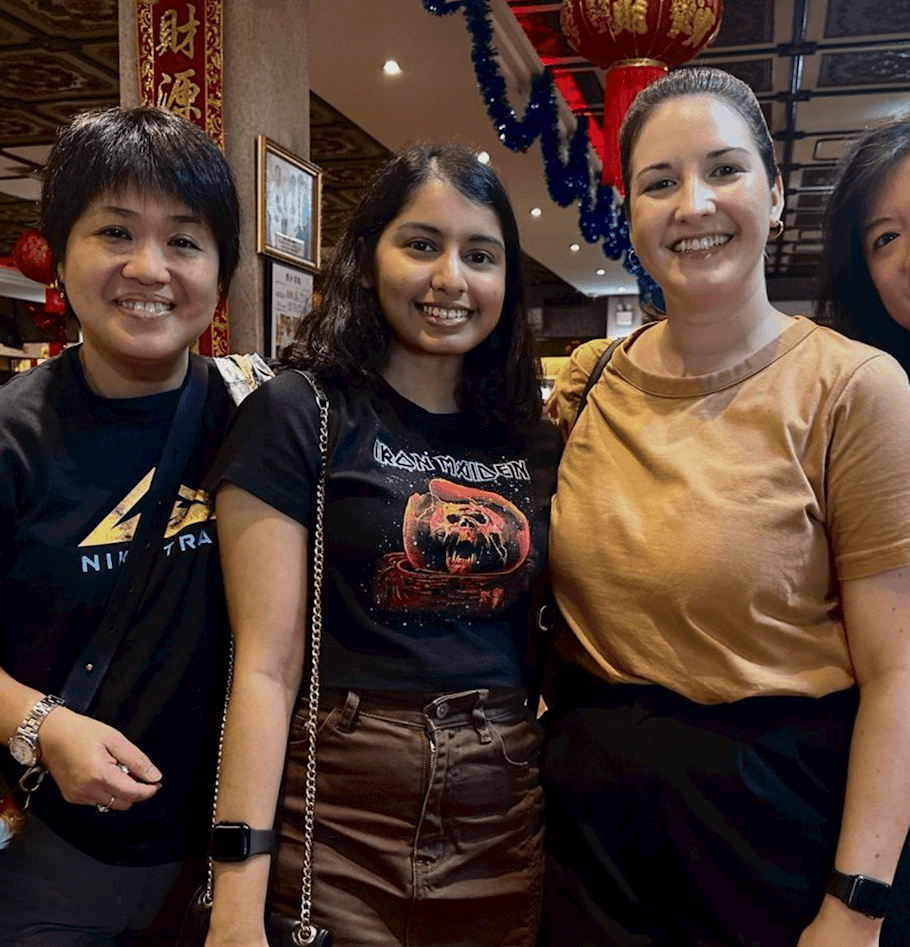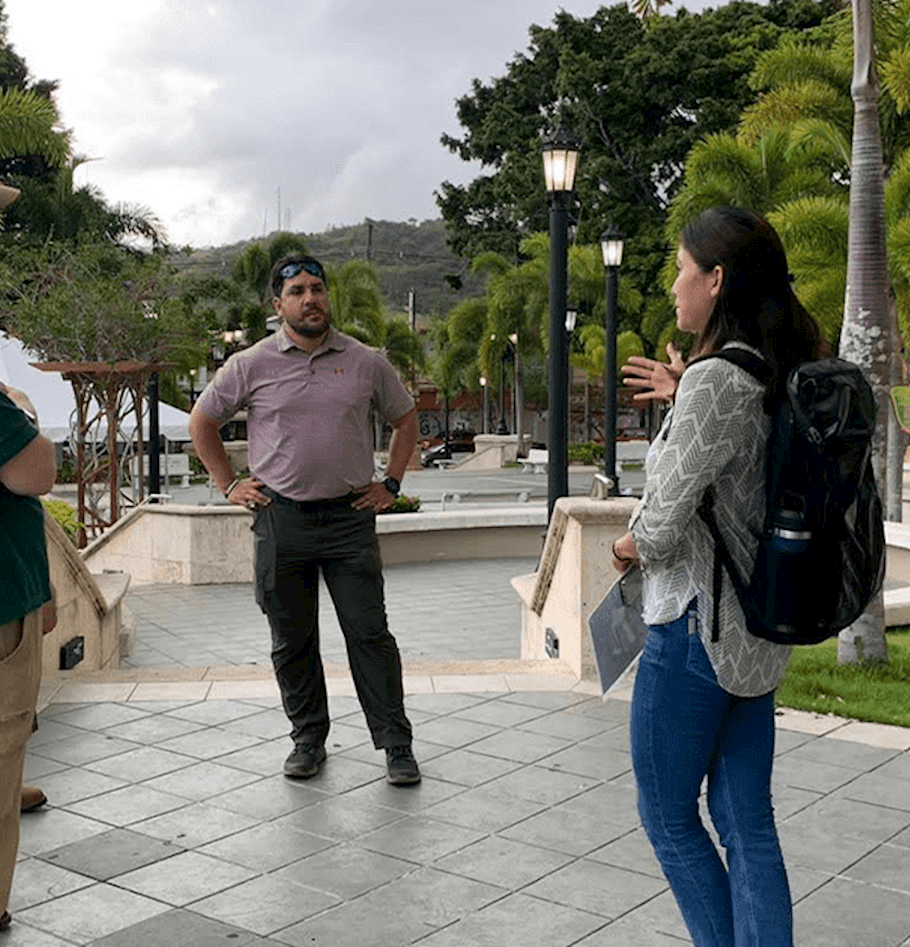Volunteering with Awamaki to improve social well-being
Three weeks ago, I took 3 planes and a car here to Ollantaytambo, Peru (pronounced oh-yawn-tie-tom-bow) where I’ll be volunteering with Awamaki for three months, as a part of the Fischer Global Service Fellowship. The vision for this program was to create opportunities for West Monroe employees to leverage the support of the firm and devote an extended period of dedicated volunteer time to a cause of consequence to them personally and the world at large.
Ollantaytambo is a beautiful and quaint town in the Sacred Valley of Peru. Each year approximately half a million tourists travel through this area visiting Machu Picchu and other awe-inspiring Incan ruins. The recent increase in tourism has opened a large market throughout the Sacred Valley for cafes, restaurants, shops, and hotels which has been wonderful for the economy. However, those without the capital to invest in starting such services as these remain in poverty, with limited access to education or any means to improve their situation. Today, much of the population in the Sacred Valley lives below the poverty line.
Awamaki is a non-profit organization that empowers women and supports the development of these communities in Peru. The name comes from the native Incan language Quechua words awa (to knit) and maki (hands). Their mission statement is as follows:
Our mission is to collaborate with the greater Ollantaytambo community to create economic opportunities and improve social well-being. We envision highly skilled Andean women artisans engaged in the market economy, running successful cooperative businesses, and leading their communities out of poverty.
The organization executes this mission with two main projects:
Women’s Artisanal Cooperatives
Awamaki works with 6 cooperatives of women in rural villages surrounding Ollantaytambo who weave, knit, and spin goods using traditional Incan methods. Awamaki conducts capacity building workshops, empowerment workshops, and more to grant these women access to the international fair trade market. While Awamaki provides a lot of support for the cooperatives, they do so with the ultimate goal of these women operating as an independent business, without the help of Awamaki at all.
Sustainable Tourism
Awamaki connects local families to the tourist market and provides tourists an authentic cultural experience with trips and classes, such as a Quechua community visit to one of the Artisanal Cooperatives, a weaving immersion trip, cooking classes, homestays, and more.
So what am I doing here in South America? I am volunteering with Awamaki’s Monitoring and Evaluations program. Our job is to measure the effectiveness of its programs, and much of our work revolves around the Impact Model. The Impact Model creates a clear plan of action for the cooperatives to take in order to operate as an organization independent of Awamaki, and we hope to graduate our first cooperative from the model this year! Just this week I was able to accompany the team to evaluate our Puente Inca cooperative’s progress on the Impact Model. The evaluation allows us to educate the women on opportunities for improvement and understand the difficulties and problems they may face. This helps us design the support we provide in the future—for example, while discussing the fact that to graduate from the Impact Model the women would have to find their own clients to market and sell their goods to, one of our artisans questioned, “how can I find a client if I don’t know how to use the internet?” This highlighted a need for a computer literacy workshop, which I have been designing this week.
How can you support Awamki and its mission? Shop the online store, donate, or if you find yourself traveling in the Sacred Valley region of Peru, book a tour!

